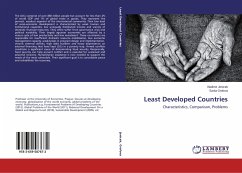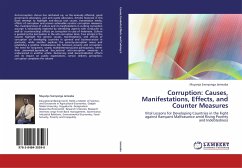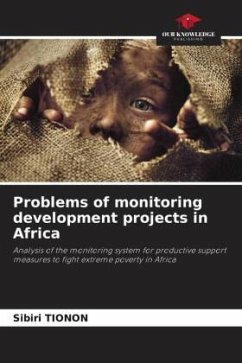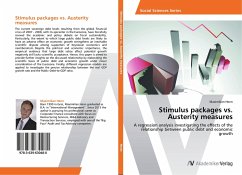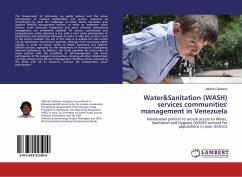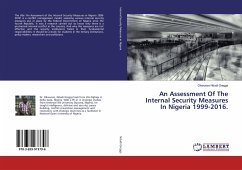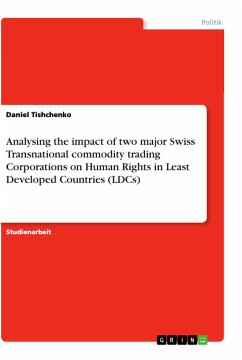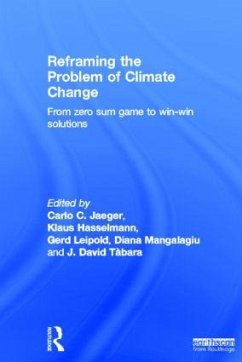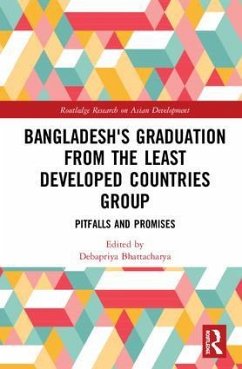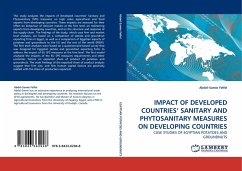
IMPACT OF DEVELOPED COUNTRIES'' SANITARY AND PHYTOSANITARY MEASURES ON DEVELOPING COUNTRIES
CASE STUDIES OF EGYPTIAN POTATOES AND GROUNDNUTS
Versandkostenfrei!
Versandfertig in 6-10 Tagen
52,99 €
inkl. MwSt.

PAYBACK Punkte
26 °P sammeln!
This study analyzes the impacts of developed countries' Sanitary and Phytosanitary (SPS) measures on high value agricultural and food exports from developing countries. These impacts are assessed for their effect on behaviour of decision makers at the firm level, on redirecting exports from developing countries, and on the structure and response of the supply chain. The findings of the study, which uses firm and market level analyses, are based on a comparison of potato and groundnut exporting firms in Egypt, as well as a comparison of Egyptian exports of potatoes and groundnuts to the EU and ...
This study analyzes the impacts of developed countries' Sanitary and Phytosanitary (SPS) measures on high value agricultural and food exports from developing countries. These impacts are assessed for their effect on behaviour of decision makers at the firm level, on redirecting exports from developing countries, and on the structure and response of the supply chain. The findings of the study, which uses firm and market level analyses, are based on a comparison of potato and groundnut exporting firms in Egypt, as well as a comparison of Egyptian exports of potatoes and groundnuts to the EU and the rest of the world (ROW). The firm level analyses were based on a questionnaire-based survey that was designed for Egyptian potato and groundnut exporting firms to address the impact of EU SPS measures at the firm level. The first model analyzed the impacts of the EU SPS measures requirements and other economic factors on exported share of product of potatoes and groundnuts. The main findings of the exported share of product analysis suggest that firm size, and firm human capital factors are positively related with the share of production exported.



